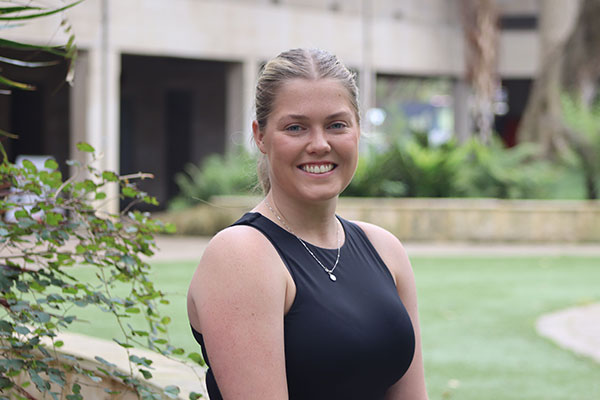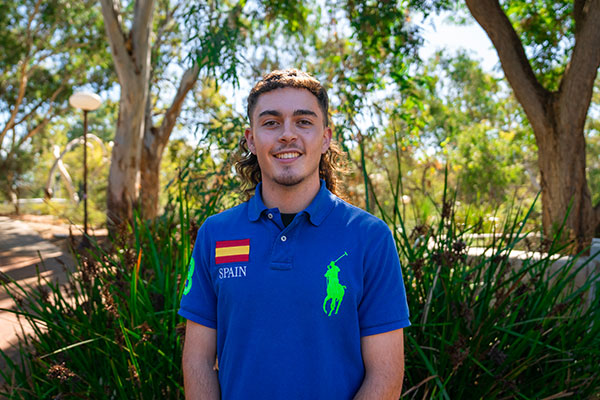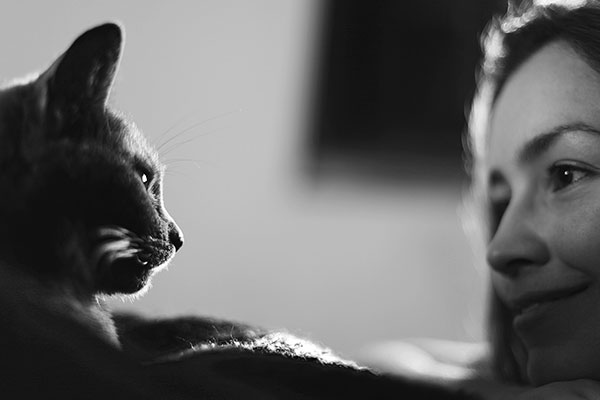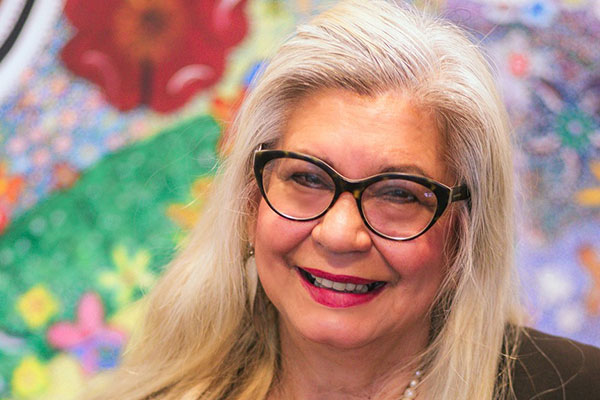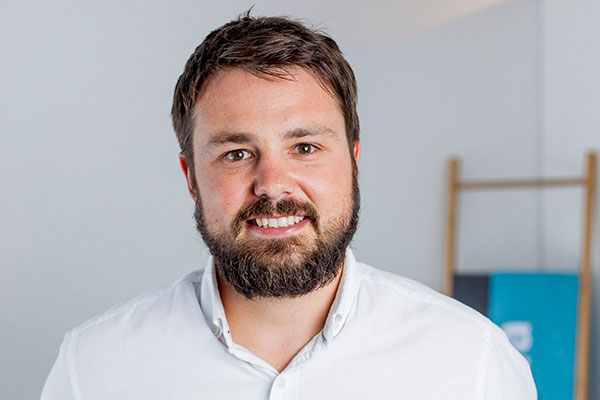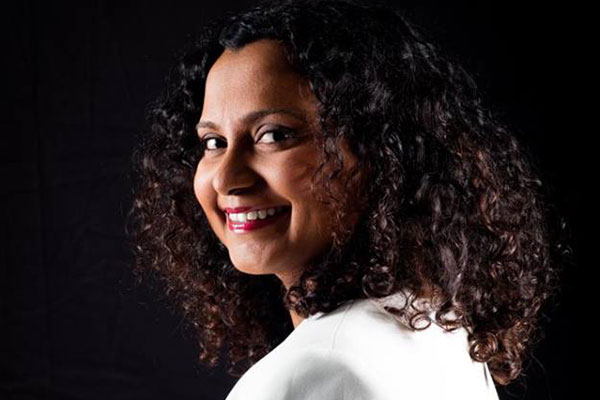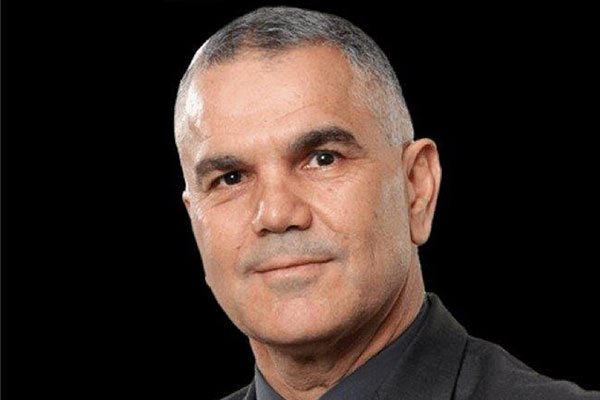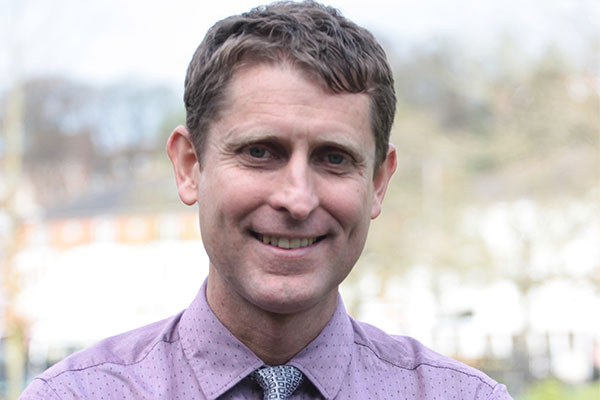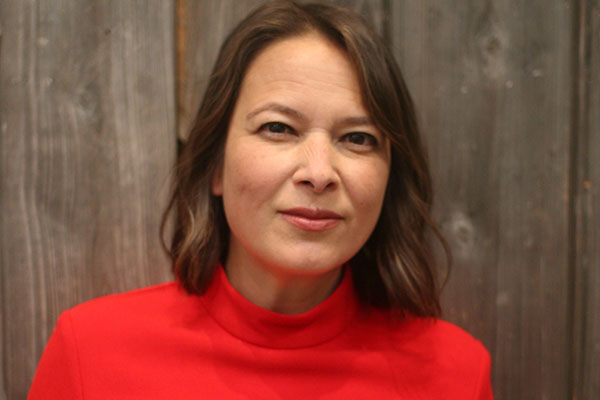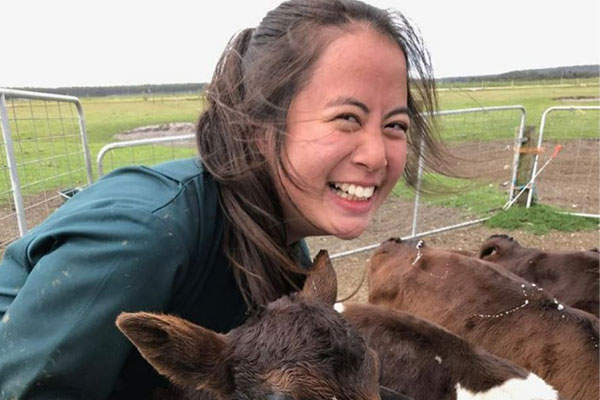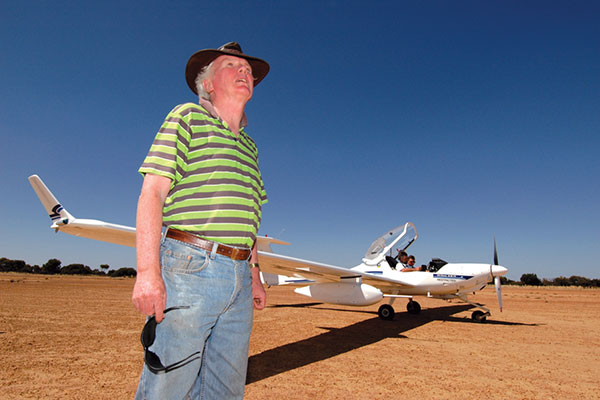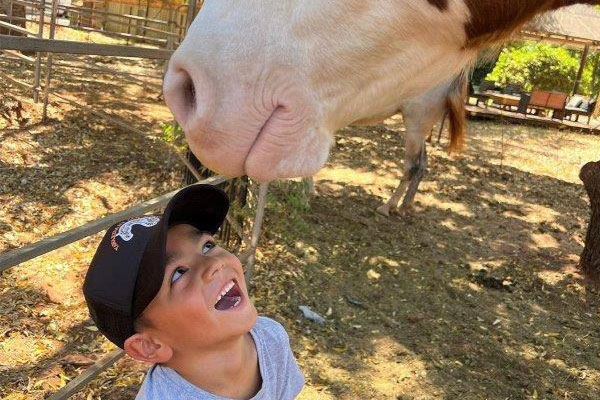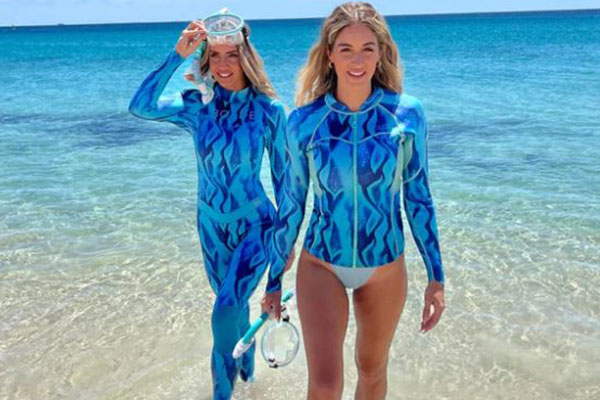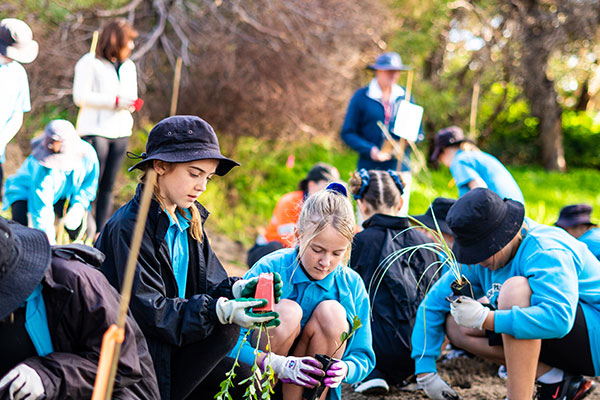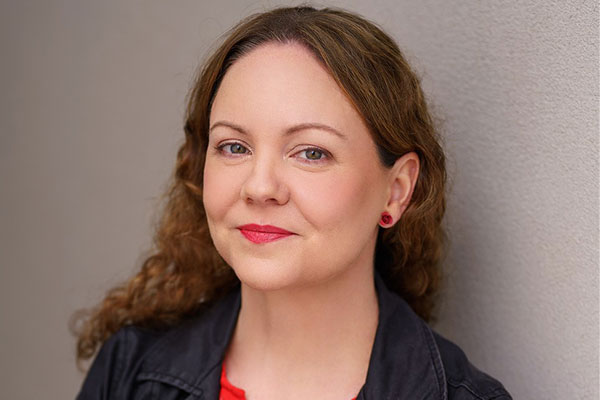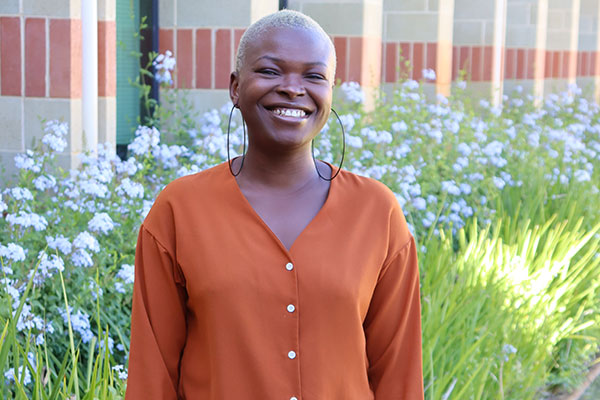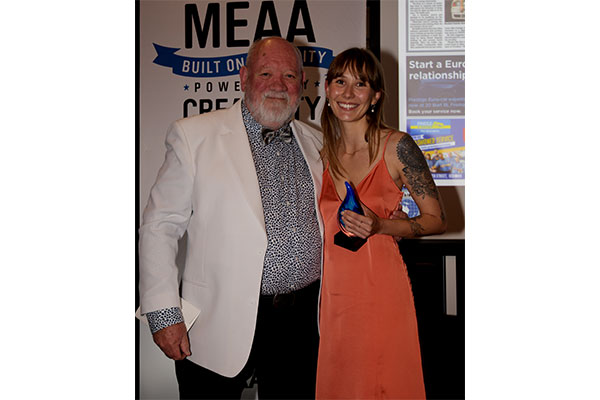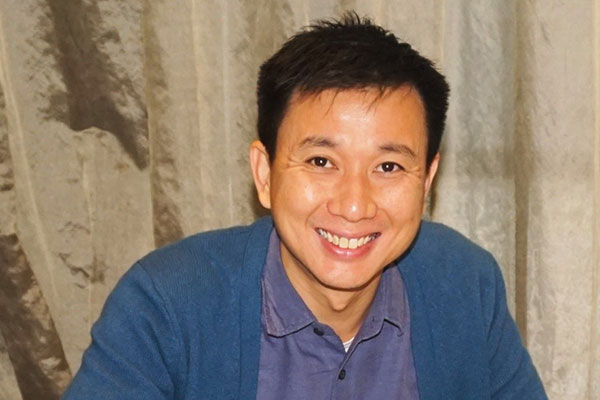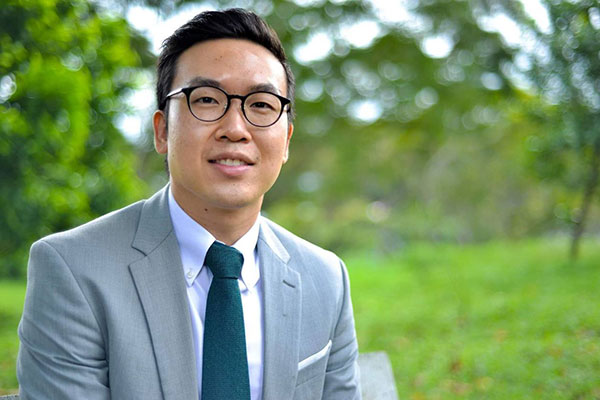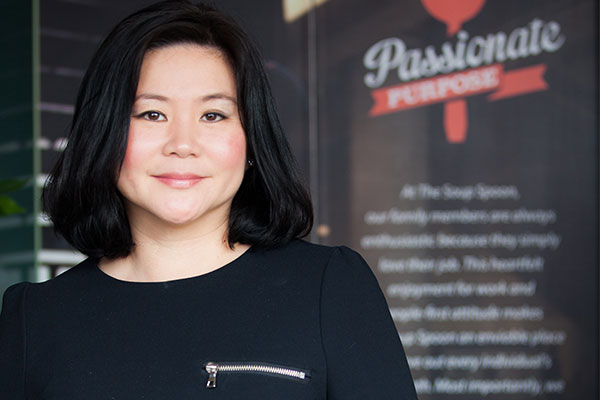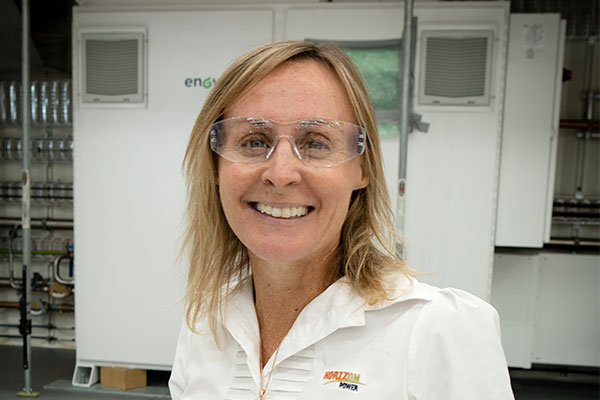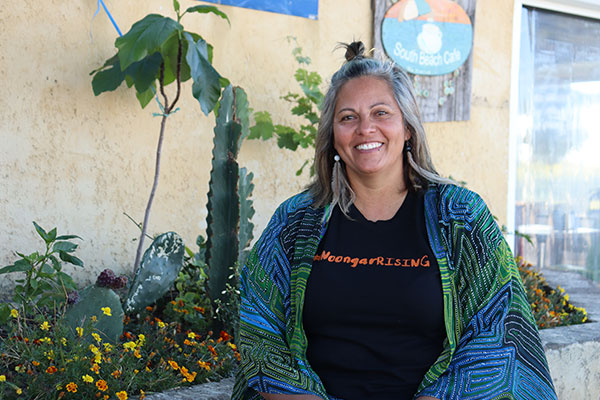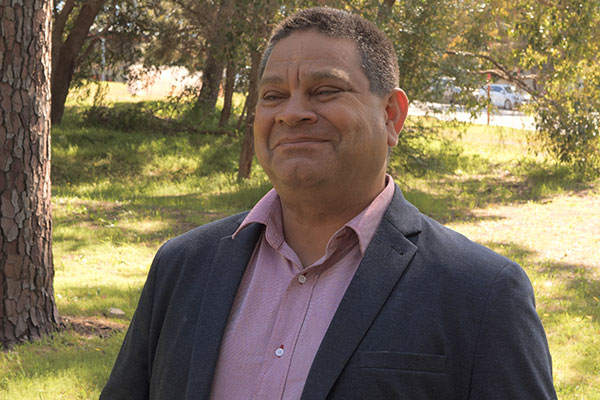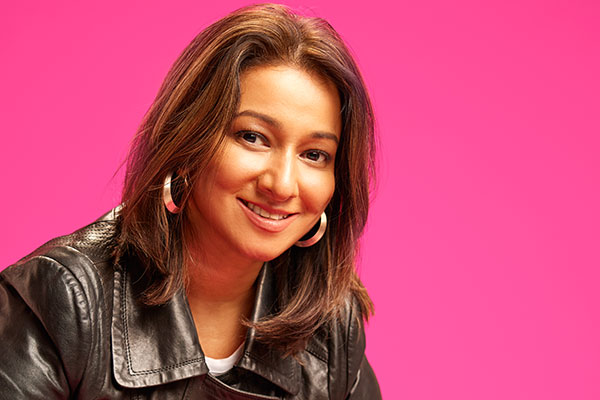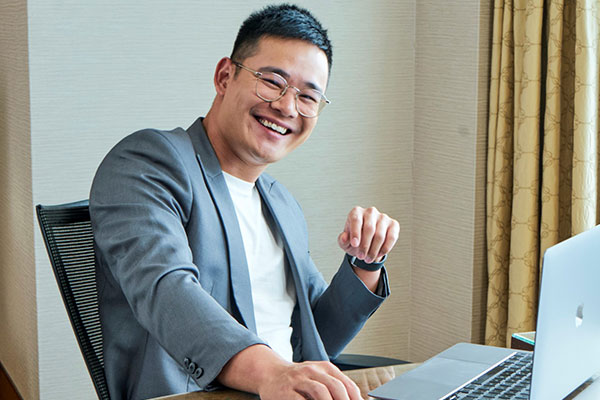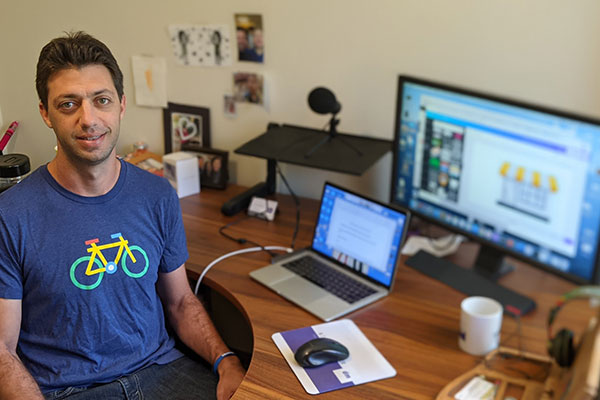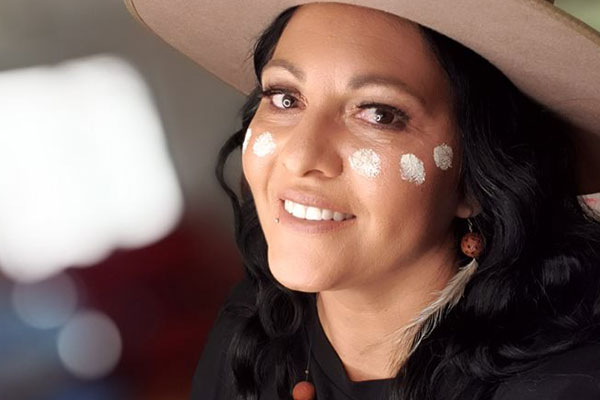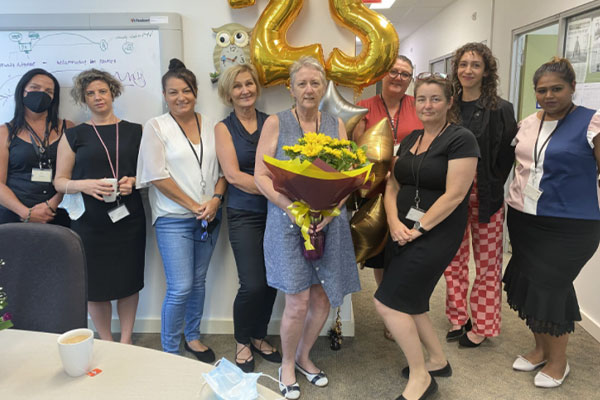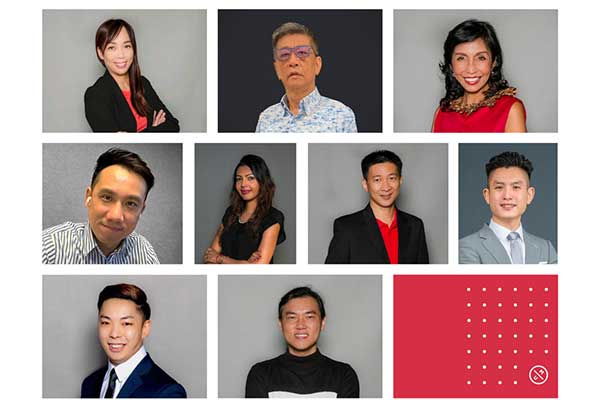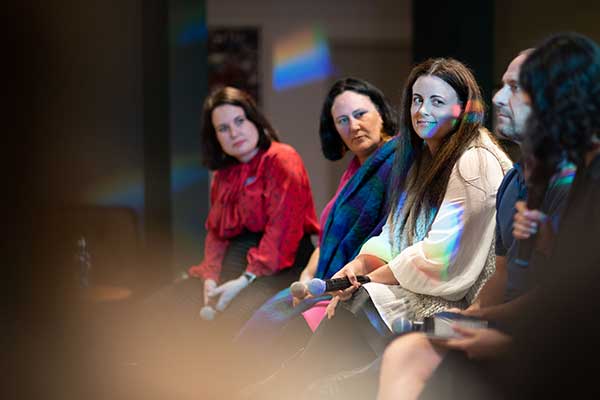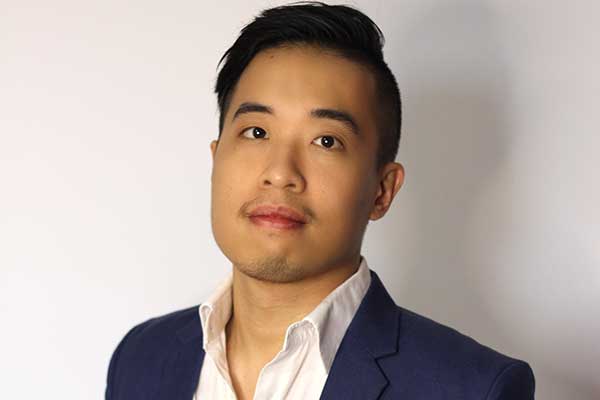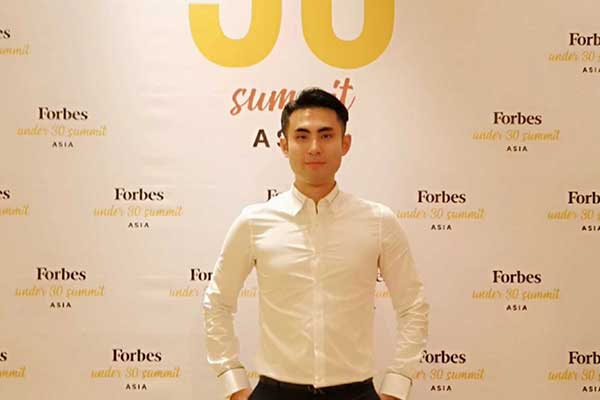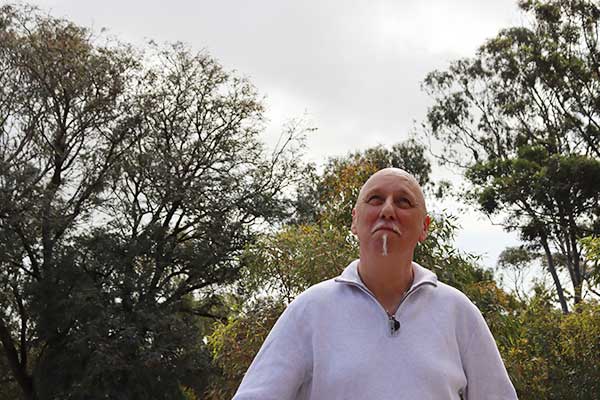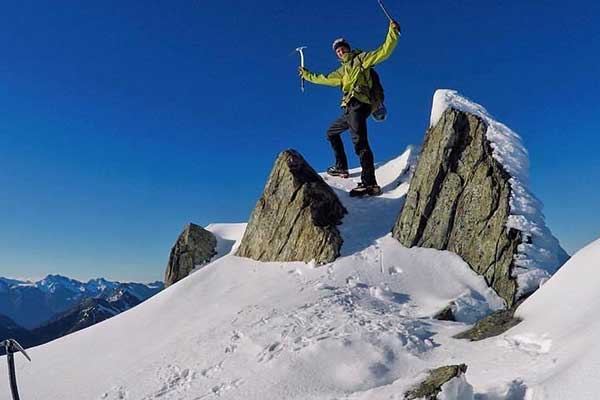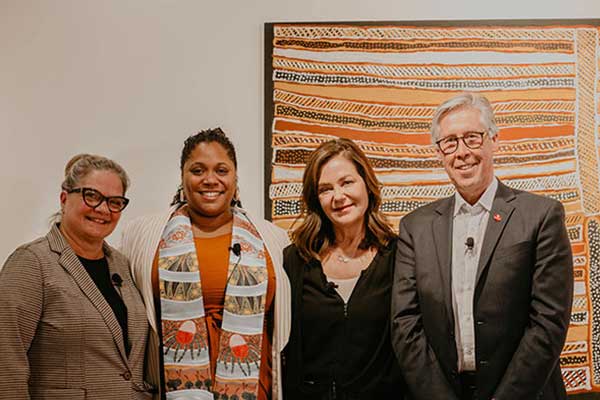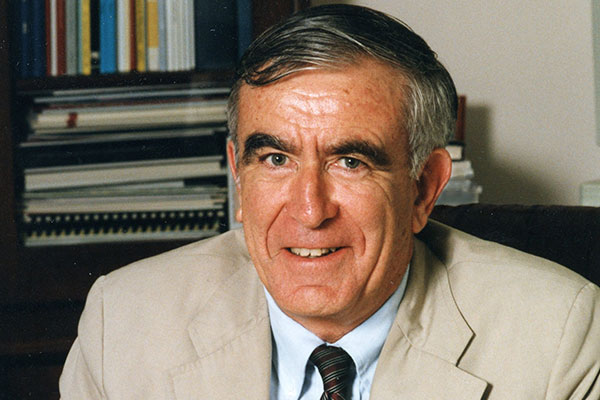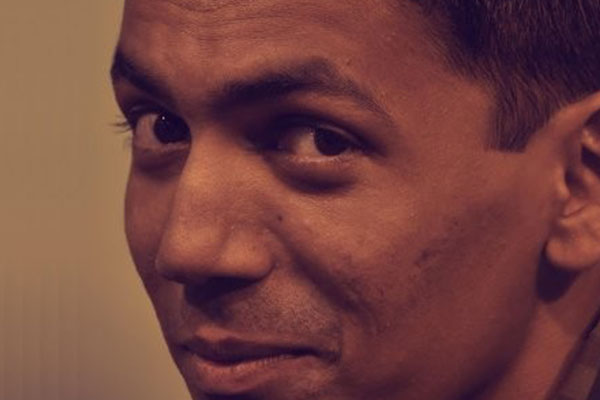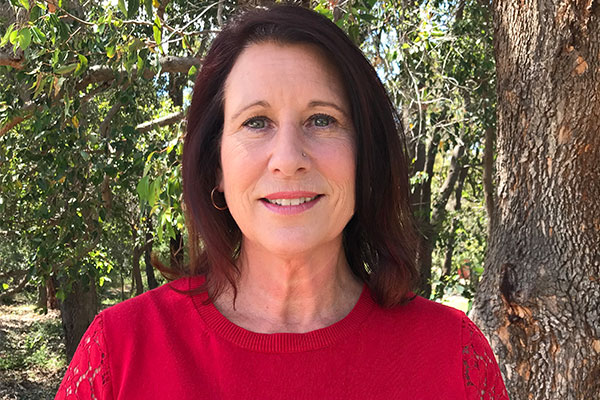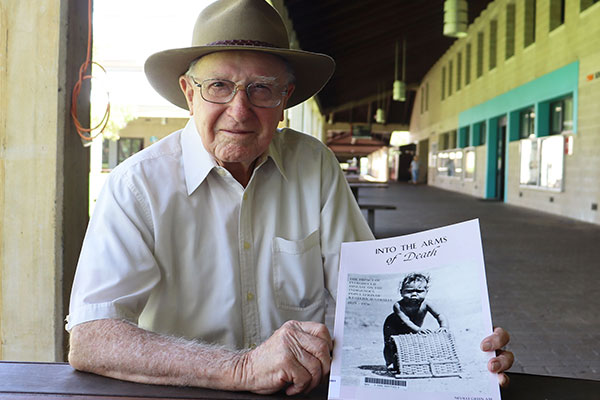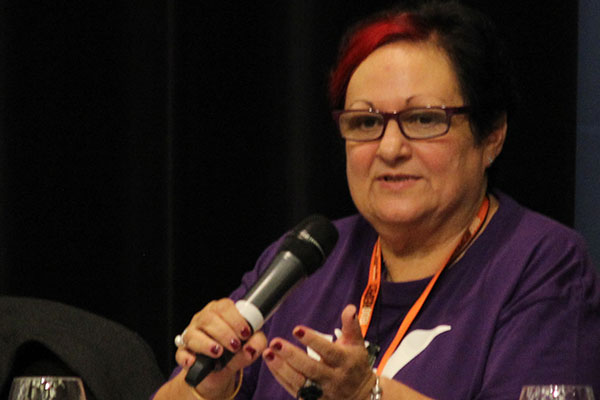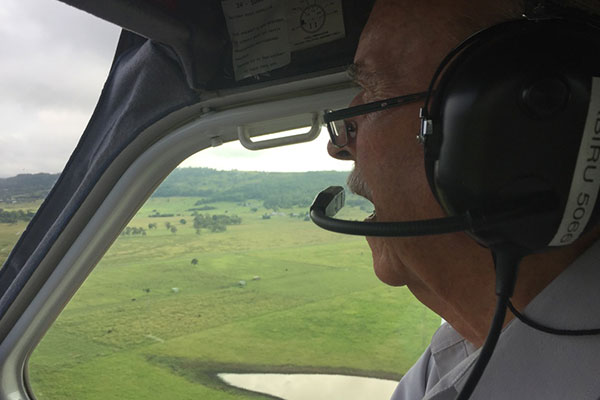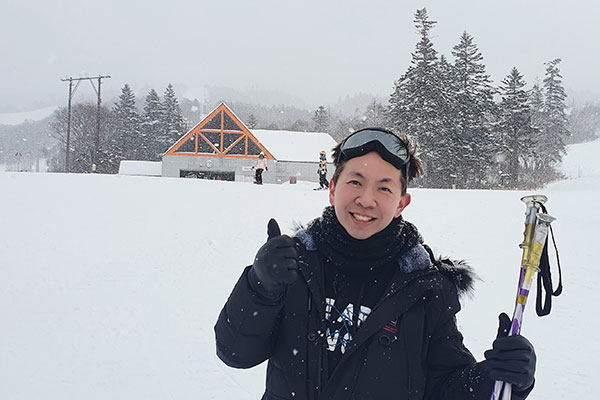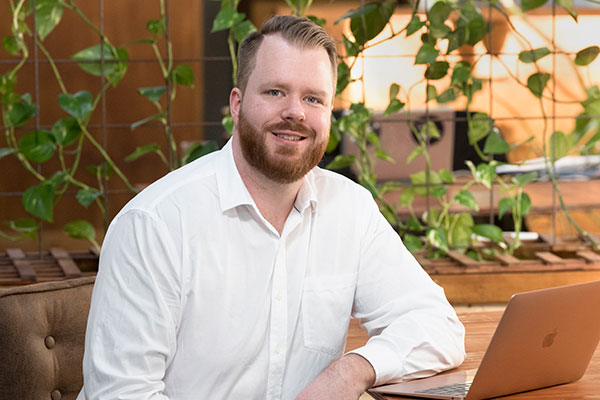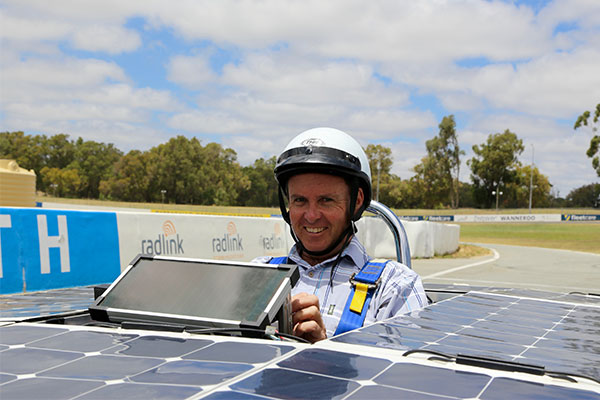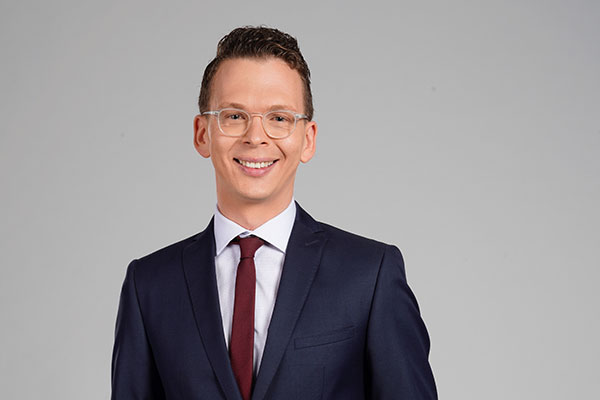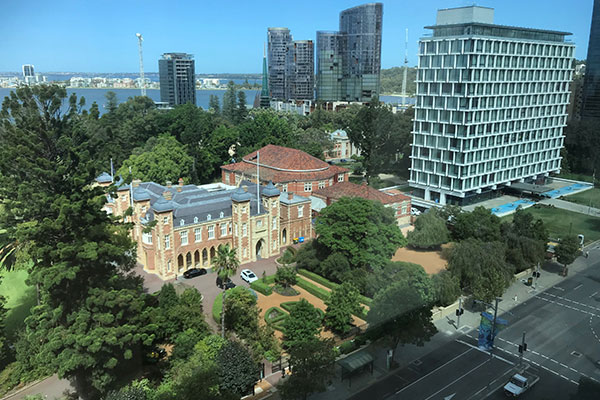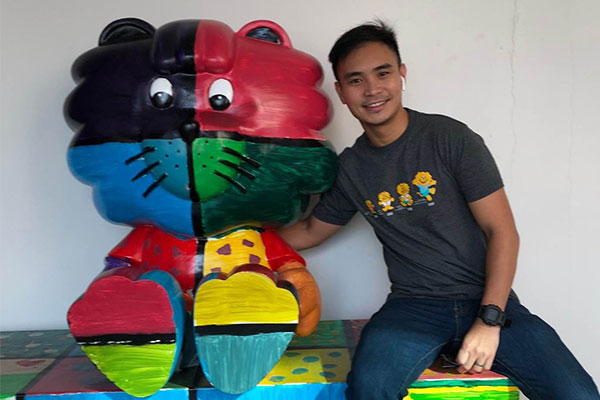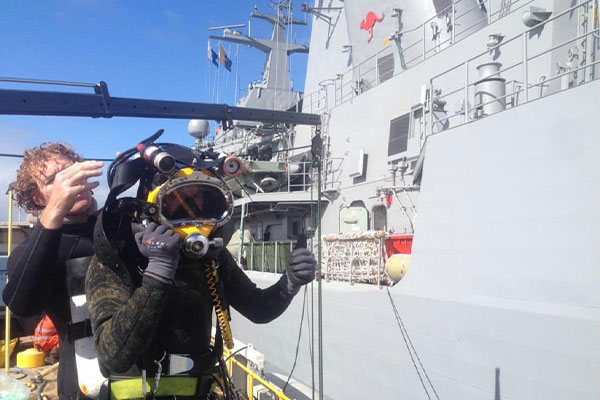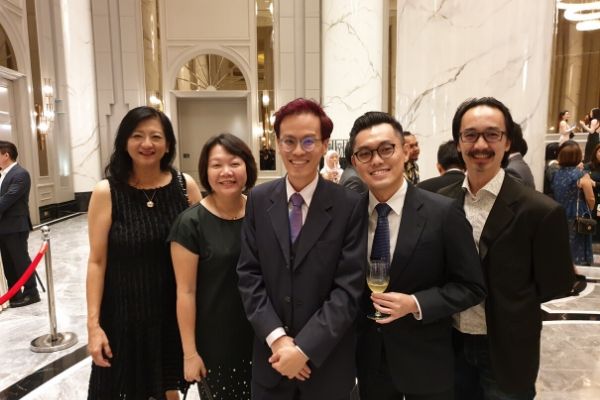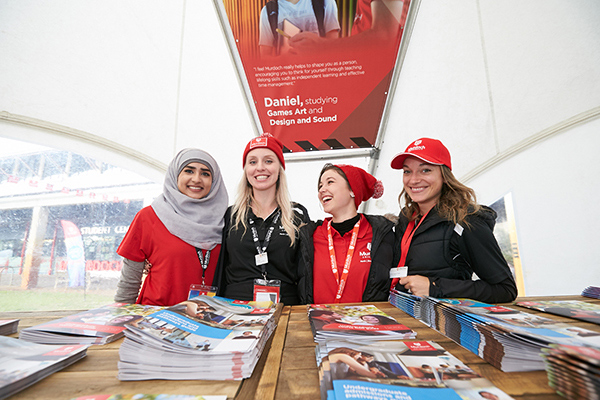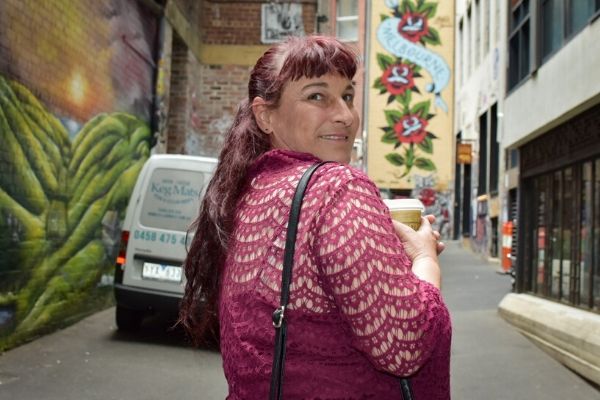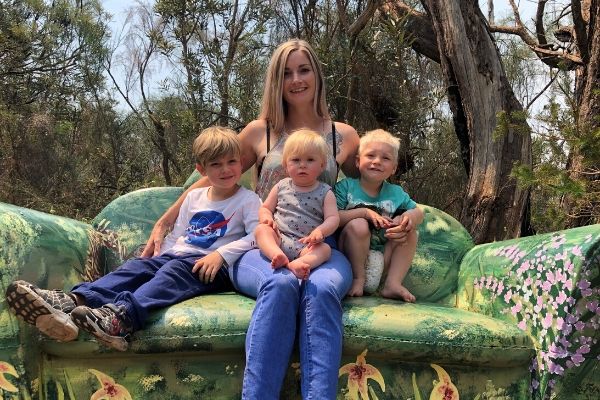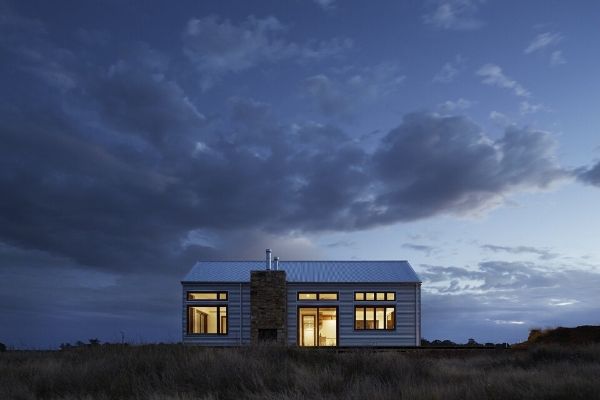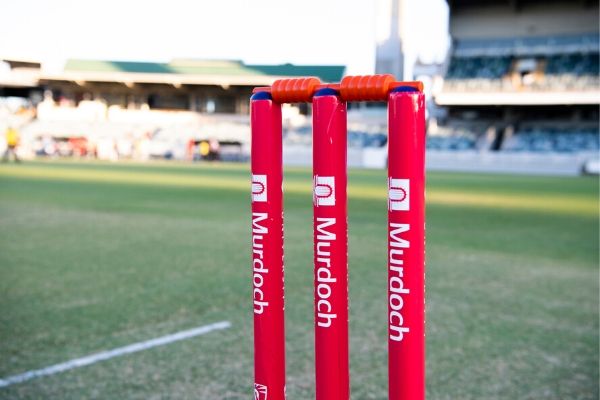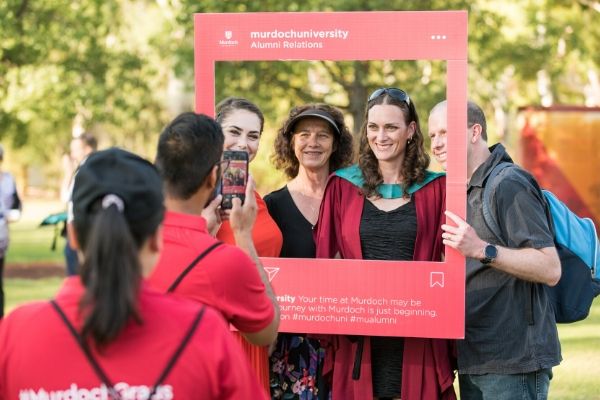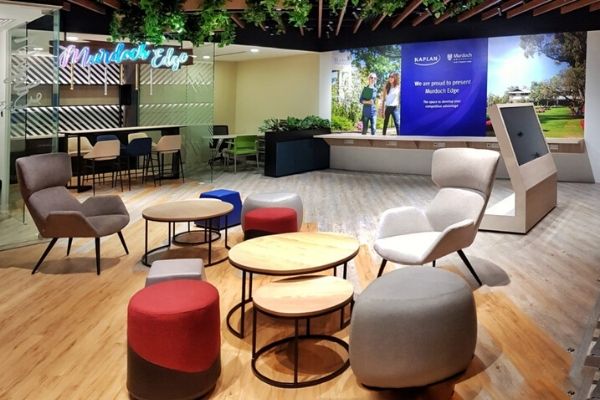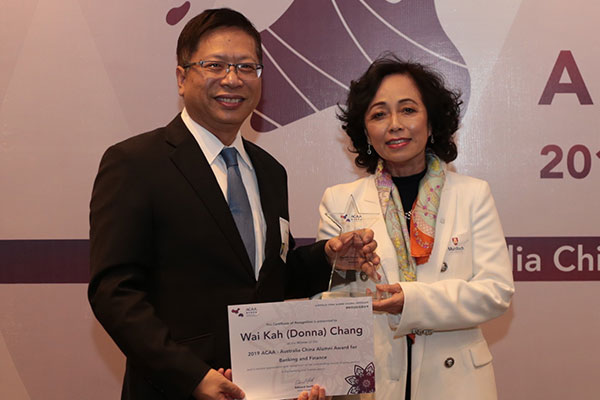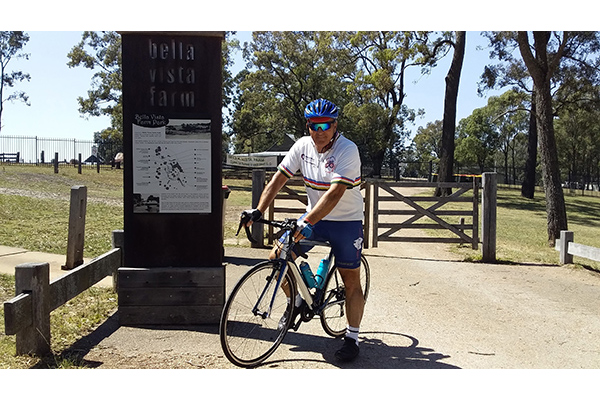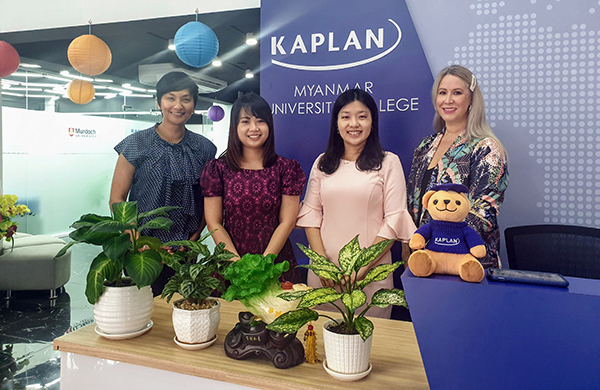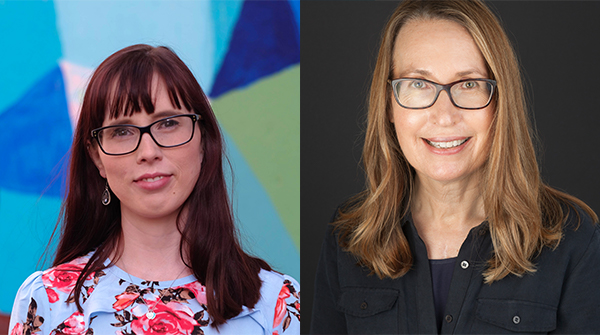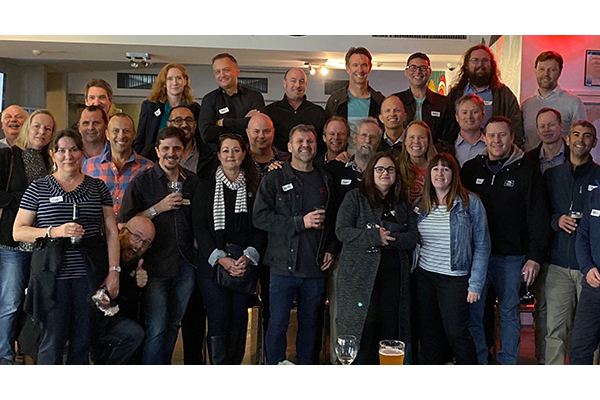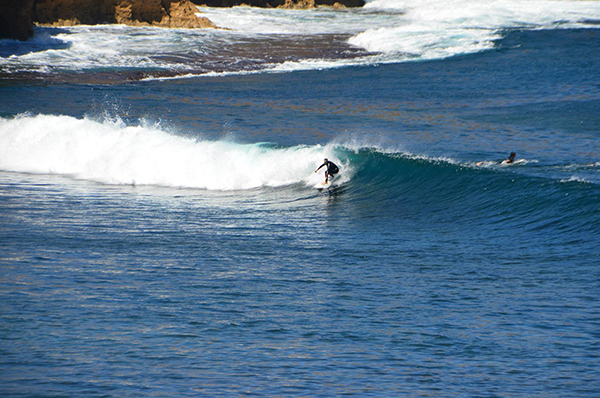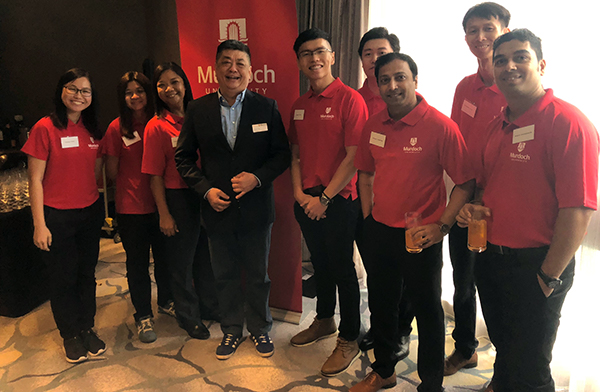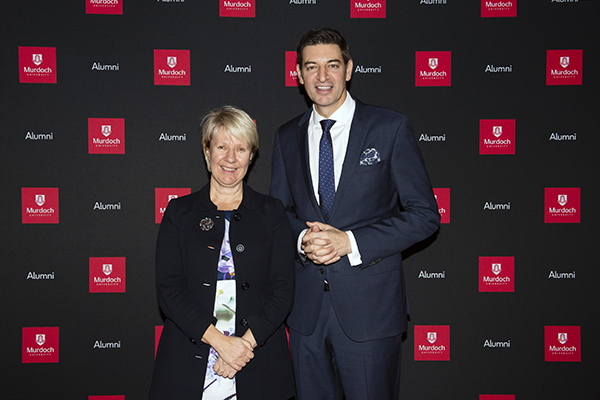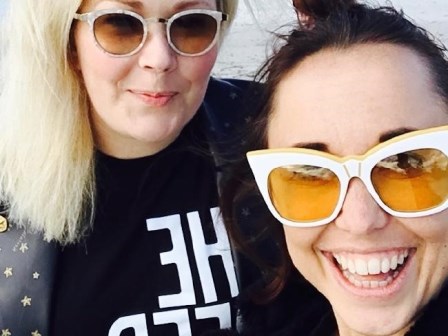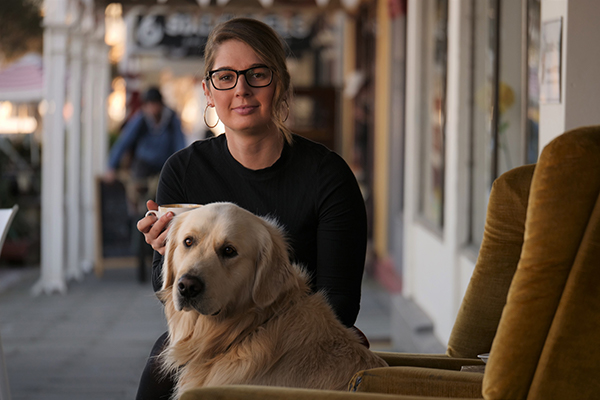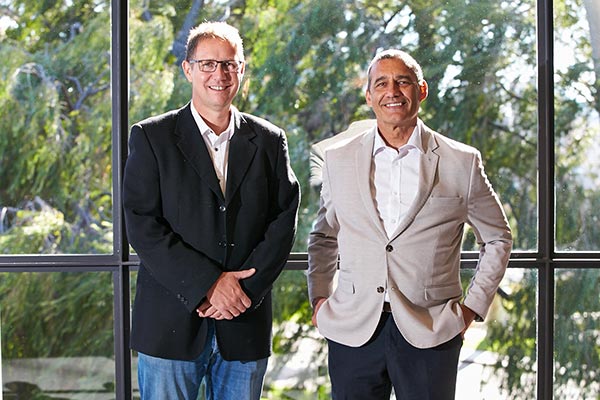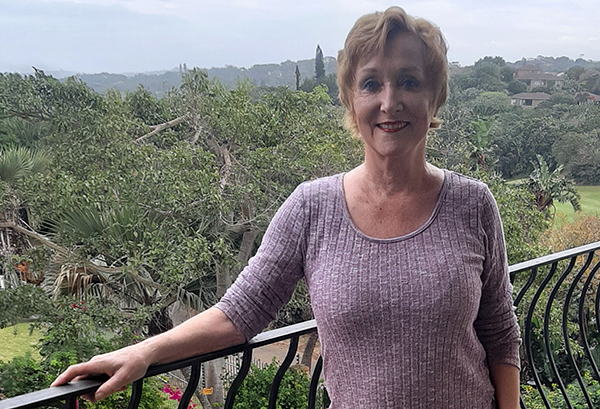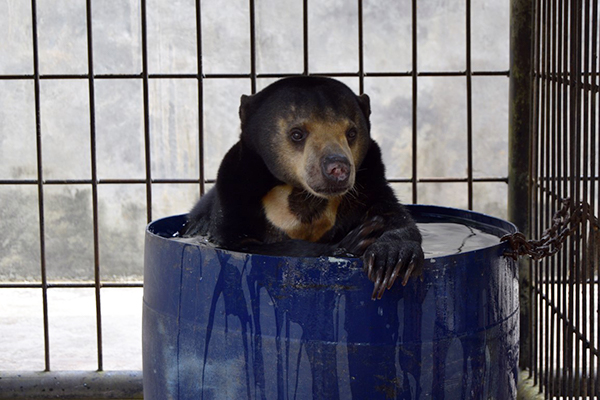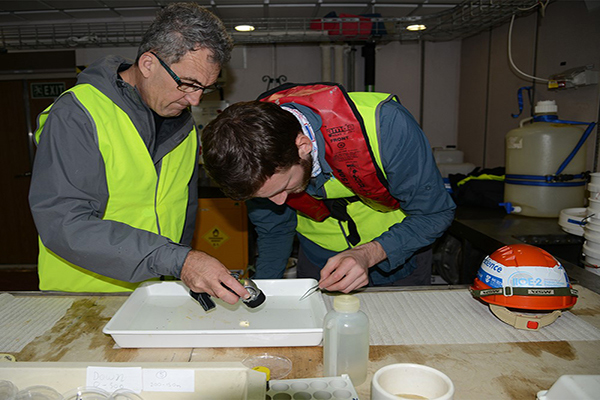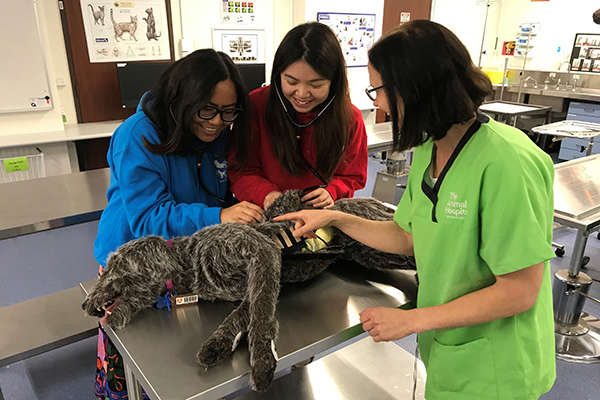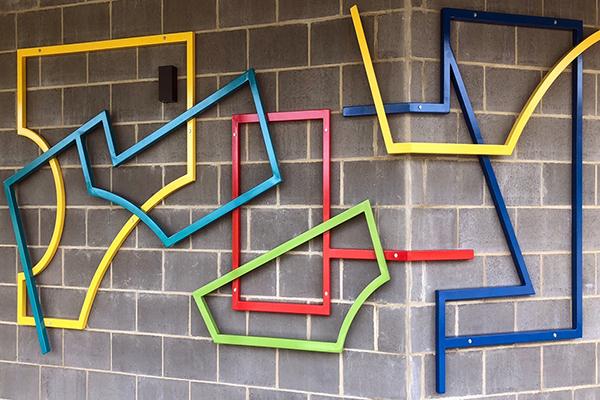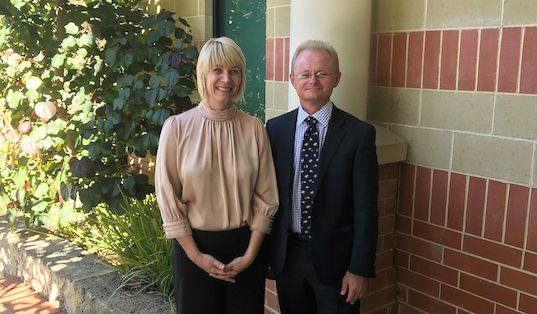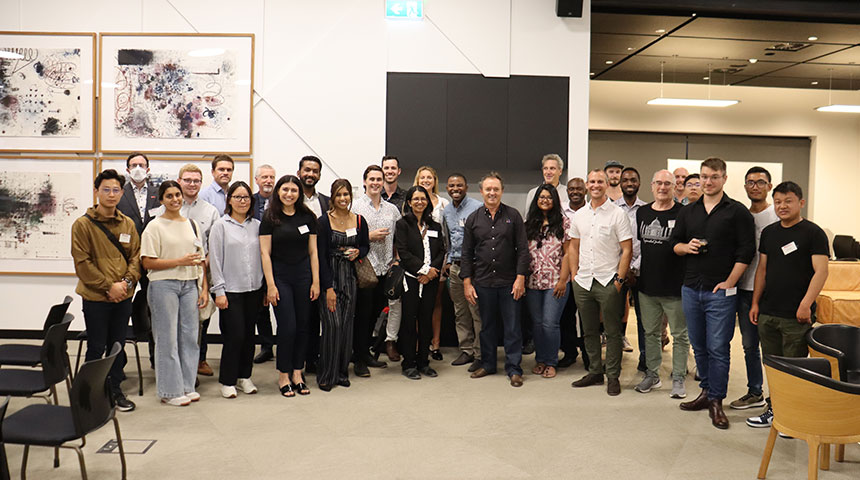
Murdoch alumni, students and staff from Engineering gathered on campus recently for a special celebratory event.
It had been fifteen years since the launch of Murdoch’s B.Eng. (Hons) Environmental Engineering. The program has seen a host of alumni forge diverse careers in the engineering field with many securing employment before even completing the degree.
With the imminent evolution of the original degree, the Alumni and students gathered to share personal stories about the original course and how it became a platform from which many had built careers that have taken them to all corners of the globe.
Martin Anda, Associate Professor School of Engineering and Energy, opened up proceedings by giving a short history of the course’s origins. Martin and fellow Murdoch engineering colleagues had spent many years working with Aboriginal communities, striving to improve conditions through the use of water and sanitation technologies. The group thought it would be great to be able to work with students on these technologies and demonstrate them in action. This led to the creation of The Environmental Technology Centre at Murdoch – a Centre of Excellence for Research & Development in Environmental Technology.
For several years, working with figures such as Emeritus Professor Goen Ho and Murdoch Distinguished Alumni Awards winner, Emeritus Professor Dr Kuruvilla Mathew, the Murdoch team worked on numerous programs around the world bringing environmental technologies with which to transform local communities.
Looking to build on all the good work, it was decided that a Murdoch course should be created and in 2008, the B.Eng. (Hons) Environmental Engineering was born.
The first alumnus to speak on the night, Ashley Olsson, was actually the first student to sign up and graduate from the course.
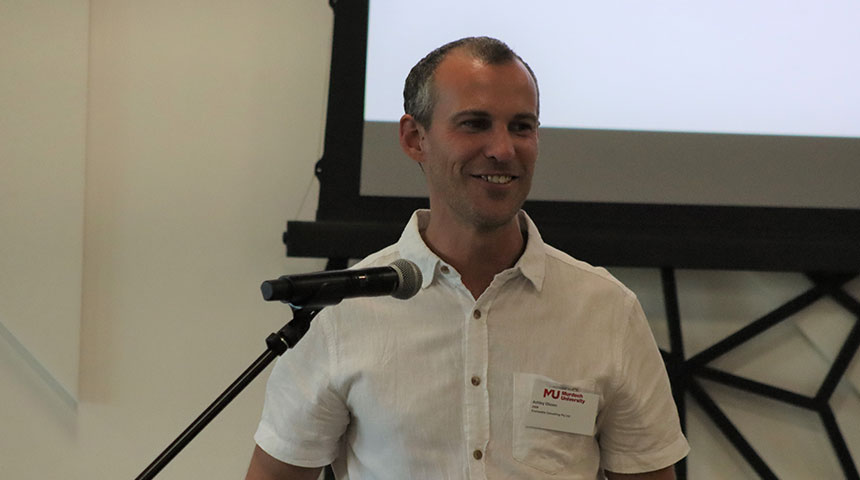
Ashley Olsson
“I have been lucky enough to work across a range of sectors, on mega projects, globally. I’ve worked across project lifecycles from the concept phase all the way through to decommissioning, which has given me a good appreciation of minimising social and environmental impact. I’ve had a real focus on designing for sustainability throughout my career,” said Ashley.
Currently sitting on the Standards Australia Committee for the circular economy and supporting the Engineers Australia CEO, two years ago Ashley set up his own consultancy – Evolveable Consulting, which specialises in circular economy solutions.
”It’s had an international focus over the last two years, in the EU and UAE. I have advised several climate tech start-up companies and been lucky enough to work with the likes of the Volvo Sustainability team in Sweden.”
Ashley outlined the impact the course had on his career.
“All engineers need to have environment at the core now and I guess a lot of us from Murdoch have been at the forefront of that. I’d like to recognise the cumulative impact of this course. I know of the impact I have had on projects that I’ve worked on as a result of this course, and now through digital solutions, the global impact associated with those is huge from a decarbonisation and circular economy perspective. It’s important to recognise the impact Martin and the team at Murdoch have had through that butterfly effect. It has been massive and enabled us to have a positive impact on the world.”
Alumnus Ryan Rao spoke about his career path since graduation including his current position as a project engineer at Oceanis International.
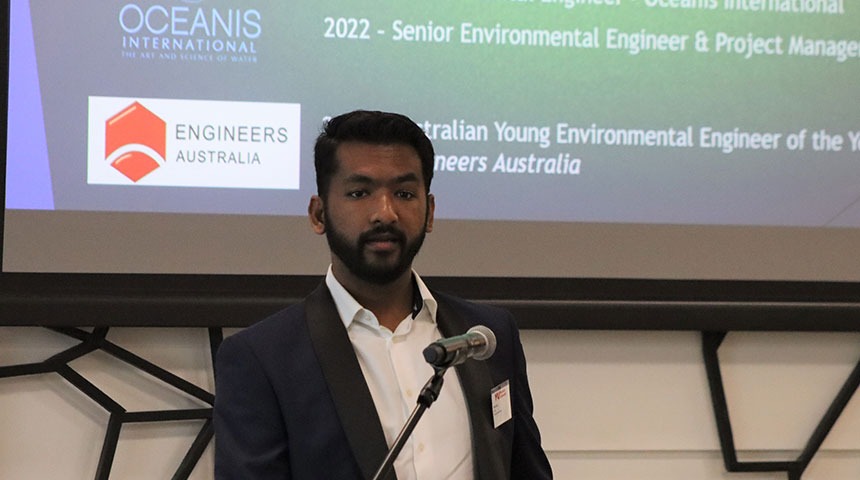
Ryan Rao
“It’s a common misperception that environmental engineers are merely tree huggers. But Murdoch has really helped push that boundary of what an environmental engineer can do. At Oceanis, I do a lot of work with geothermal systems, but essentially no two days are the same. One day I can be working in Saudi Arabia working on coral reef restoration programs – another week I could be working with local government to implement environmental sustainability initiatives and lower their emissions.”
Ryan, awarded the 2022 Young Environmental Engineer of The Year Australia honour, elaborated on the impact environmental engineers can have.
“It has an artistic aspect to it. Environmental engineers are not people who just stick in their lane per se. We inform architects and civil and mechanical engineers how to better define environmental systems. All the units I did in the MU program I have drawn on in my professional life. As an environmental engineer you can drive environmental change. You can inform governments. You can inform organisations. You can travel the world and work with people with similar interests and common goals. Whatever you work on has future implications – it will benefit you and the generations that follow, and we need more people in this field.”
Alumnus, and co-founder of Colliecrete and Continuum Energy, Ramon Skåne, originally wanted to change the world through music, but found his niche through the course. He recalled the power of some of the field trips they went on as students.
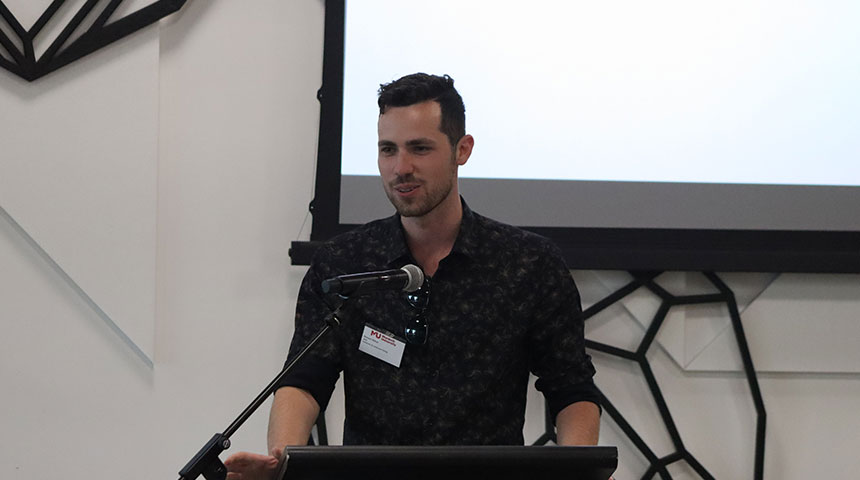
Ramon Skåne
“There were a lot of highlights in my degree and one of them was the New Colombo Plan trip to India. It was monumental because it was so much learning at once – going in the deep end and trying to be comfortable with the uncomfortable and learn from that too. We were working on a solar power water purification system for remote villages in India. So we saw poverty at the lowest level and some humanitarian challenges that you don’t see in the developed world. But the work we were doing, at least in some small part, was making the world a better place. Giving these people free, clean water and trying to work up to a bigger project just lit a fire in me. The idea of changing the world and the inspiration I got from that first practical experience was huge. I could finally see where all the maths equations and essays and assignments led to.”
Ramon explained how the degree had a strong emphasis on practical assignment.
“There were site visits constantly. You learnt on the spot. The course helped me find my niche – circular economy and waste. I feel equipped in every way. Both on the science side, the maths and equations, but I also feel equipped to handle the client and industry relations. You have to talk to a lot of different parties to get something going in industry.”
Following additional testimonials from alumni Irena Sankoff, Amie Thompson and Max Ploumis, Martin Anda concluded proceedings. He acknowledged the work of Associate Professor David Parlevliet, Murdoch’s Dean of Engineering and Energy Academy, who is a key driver in getting engineering programs up and a champion for industry partnerships and advisory groups. The close allegiance with industry has given students the chance to work on some unique projects such as the demolition of the Princess Margaret Hospital in 2018.
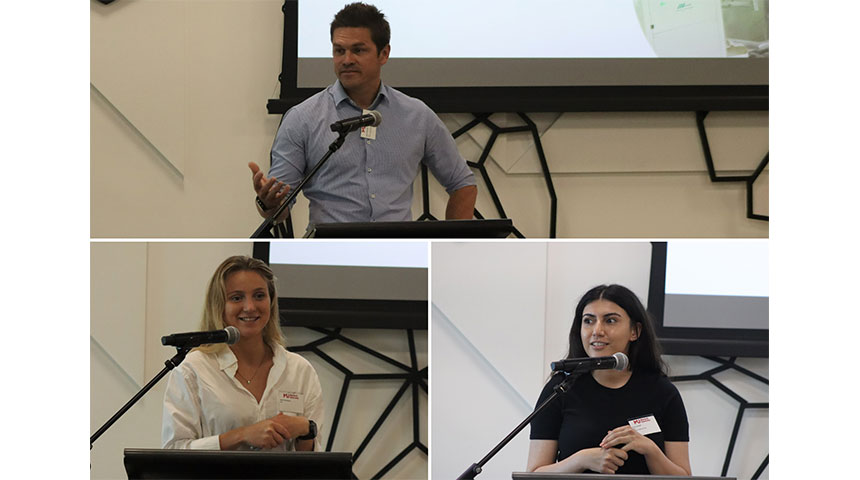
(Clockwise:) Alumni Max Ploumis, Irena Sankoff and Amie Thompson
Martin confirmed the evolution of the original course which now sees Murdoch launch a 3-year Bachelor of Engineering Technology in Environmental Engineering and a 4-year Bachelor of Engineering Honours in Environmental Engineering.
The evolution is complemented by a brand-new postgraduate program. The Master of Engineering Practice is designed to upskill students in key and emerging areas of engineering. It creates job-ready graduates in areas of industry need including renewable and sustainable energy, the environment and smart systems. The two-year course’s areas of specialisation include the majors:
- Intelligent Industrial Control and Autonomous Systems Engineering
- Environmental and Sustainable Systems Engineering
- Smart and Renewable Electrical Power Systems Engineering
If you would like further information about this suite of new courses, please contact Martin Anda.
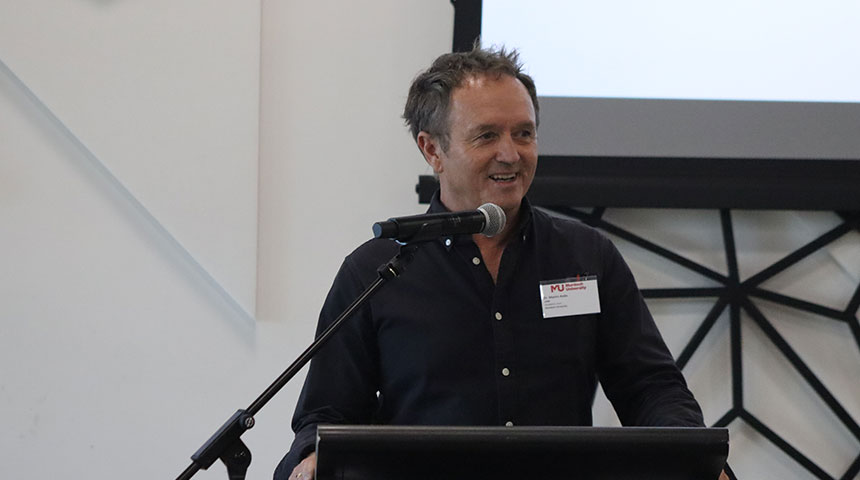
Associate Professor Martin Anda



